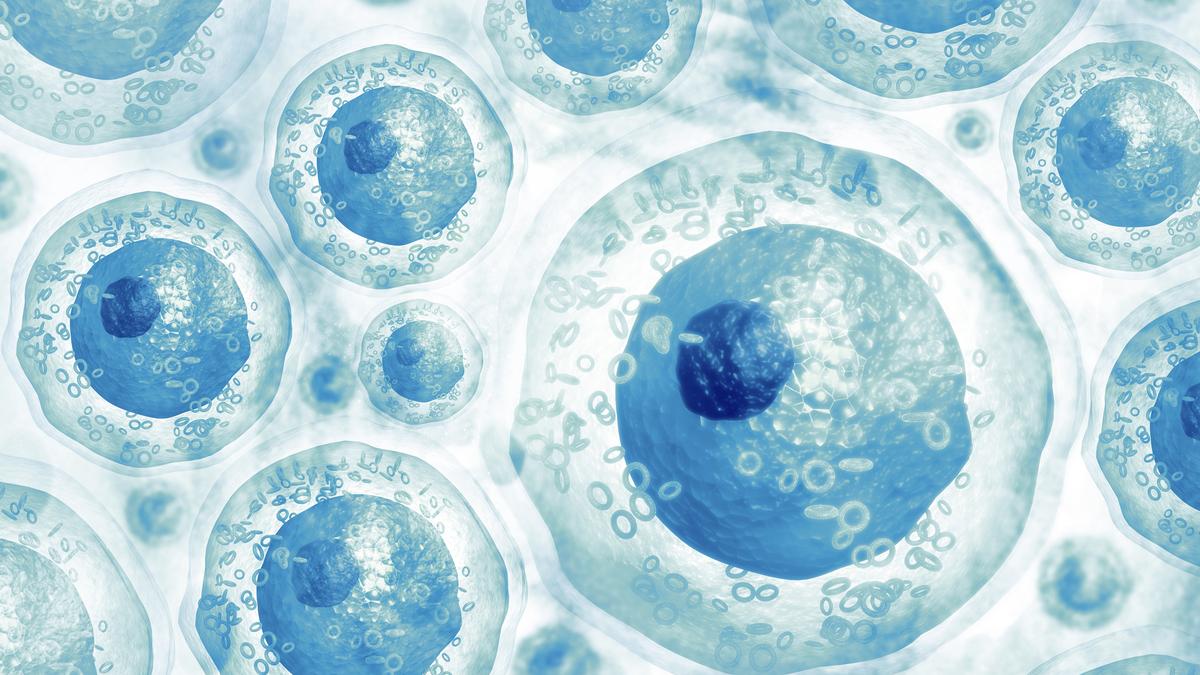Now Reading: CCMB Breakthrough in Cell Revival Sparks Hope for Regenerative Medicine
-
01
CCMB Breakthrough in Cell Revival Sparks Hope for Regenerative Medicine
CCMB Breakthrough in Cell Revival Sparks Hope for Regenerative Medicine

Quick Summary:
- Indian scientists from CSIR-CCMB, Hyderabad, have discovered “Programmed Cell Revival,” a mechanism by which cells recover from the near-death state and reverse programmed cell death.
- The research was led by Dr. Santosh Chauhan and detailed in The EMBO Journal.
- Cells treated with sublethal doses of a death-inducing agent (LLOMe) initially displayed signs of apoptosis but reversed the process within hours, regaining normal morphology and function.
- Recovering cells adopted stem-like characteristics resembling embryonic stem cells, showcasing potential for regeneration and healing.
- Experimental evidence demonstrated faster wound healing in skin, cornea injuries (mouse models), and accelerated regeneration of tadpole tails and axons in various species including C. elegans.
- Fruit fly studies revealed an increase in haematopoietic stem cells after treatment with LLOMe at sublethal concentrations.
- This finding offers therapeutic promise in regenerative medicine for stroke recovery, degenerative diseases, ageing-related conditions, cancer treatments, etc., while also raising concerns about potential cancer relapse due to revived therapy-resistant tumor cells.
Indian Opinion Analysis:
The discovery of Programmed Cell Revival marks a significant milestone in cellular biology with considerable implications for India’s scientific innovation landscape. This knowledge opens doors to advancements across regenerative medicine-enabling accelerated tissue repair-and offers hope for addressing age-related degeneration or organ damage post-stroke or injury without reliance on external implants. Given India’s growing health challenges related to diabetes-related wounds or degenerative disorders among the elderly population, such breakthroughs could contribute toward affordable healthcare solutions.
However, caution is warranted when translating this finding into clinical practice. As researchers note that the revival mechanism might assist cancerous tumors to resist therapies more effectively through stem-like change processes if dosing remains suboptimal-a phenomenon emphasizing precision-based medical strategies are critical while deploying future applications globally & ethically Read More: The EMBO journal Paper























